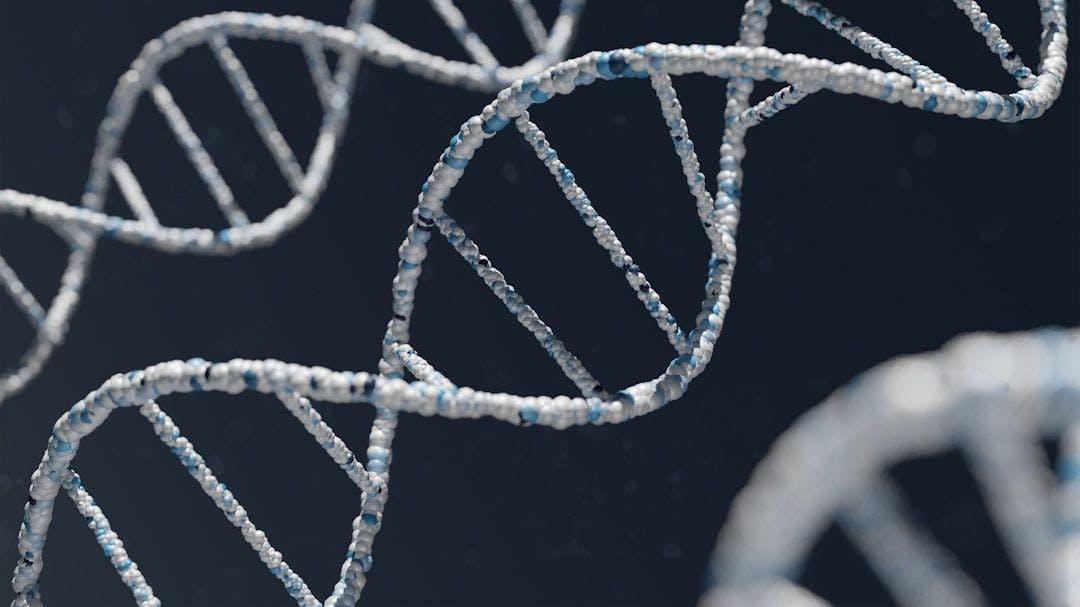Predicting a Protein’s Stability under a Million Mutations: Limitations
by
March 12th, 2024
Audio Presented by

Mutation: process of changing in form or nature. We publish the best academic journals & first hand accounts of Mutation
About Author
Mutation: process of changing in form or nature. We publish the best academic journals & first hand accounts of Mutation
